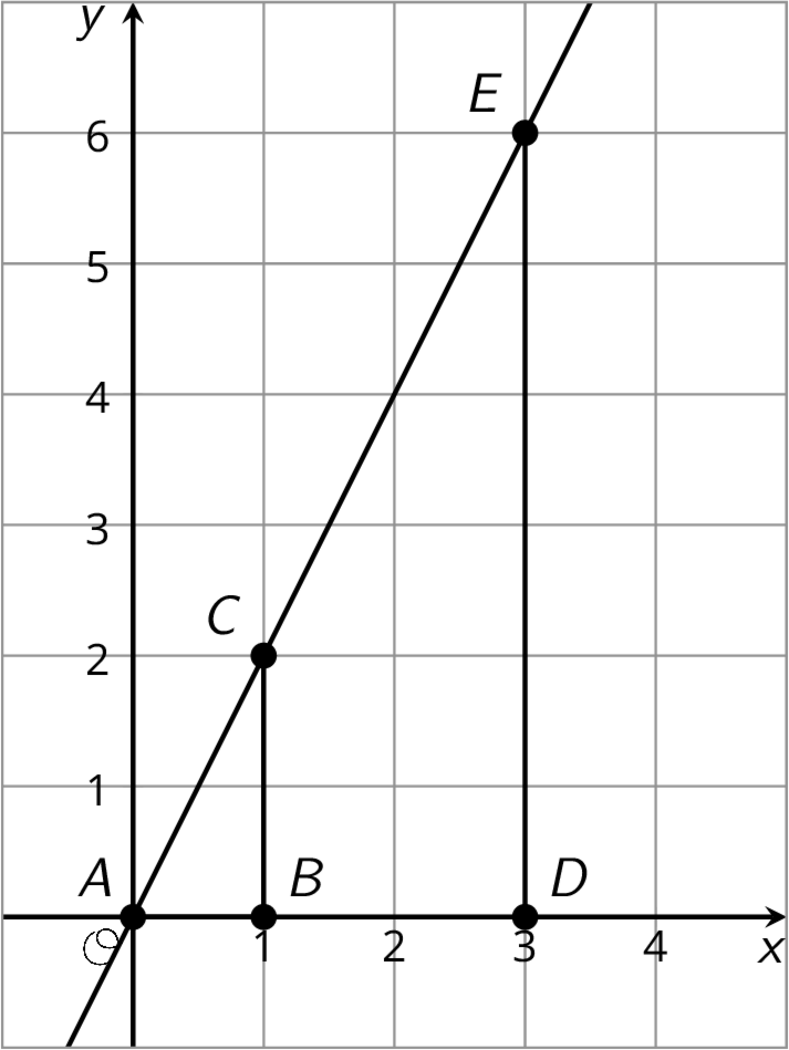Lesson 1
Exponent Review
Let’s review exponents.
Problem 1
Write each expression using an exponent:
- \(1 \boldcdot 7 \boldcdot 7 \boldcdot 7 \boldcdot 7 \boldcdot 7\)
- \(1 \boldcdot \left(\frac{4}{5}\right) \boldcdot \left(\frac{4}{5}\right) \boldcdot \left(\frac{4}{5}\right) \boldcdot \left(\frac{4}{5}\right) \boldcdot \left(\frac{4}{5}\right)\)
- \(1 \boldcdot (9.3) \boldcdot (9.3) \boldcdot (9.3) \boldcdot (9.3) \boldcdot (9.3) \boldcdot (9.3) \boldcdot (9.3) \boldcdot (9.3)\)
- The number of coins Jada will have on the eighth day, if Jada starts with one coin and the number of coins doubles every day. (She has two coins on the first day of the doubling.)
Problem 2
Evaluate each expression:
- \(2^5\)
- \(3^3\)
- \(4^3\)
- \(6^2\)
- \(\left(\frac{1}{2}\right)^4\)
- \(\left(\frac{1}{3}\right)^2\)
Problem 3
Clare made $160 babysitting last summer. She put the money in a savings account that pays 3% interest per year. If Clare doesn’t touch the money in her account, she can find the amount she’ll have the next year by multiplying her current amount by 1.03.
- How much money will Clare have in her account after 1 year? After 2 years?
- How much money will Clare have in her account after 5 years? Explain your reasoning.
- Write an expression for the amount of money Clare would have after 30 years if she never withdraws money from the account.
Problem 4
The equation \(y=5,\!280x\) gives the number of feet, \(y\), in \(x\) miles. What does the number 5,280 represent in this relationship?
Problem 5
The points \((2, 4)\) and \((6, 7)\) lie on a line. What is the slope of the line?
2
1
\(\frac43\)
\(\frac34\)
Problem 6
The diagram shows a pair of similar figures, one contained in the other. Name a point and a scale factor for a dilation that moves the larger figure to the smaller one.
